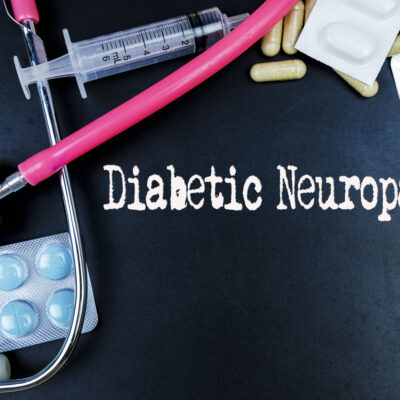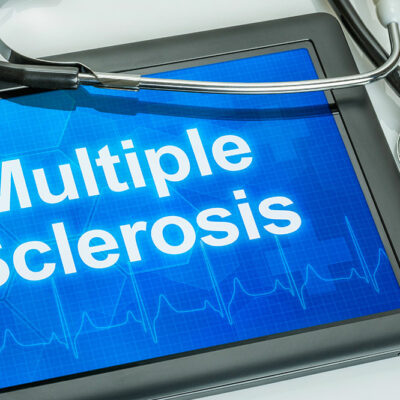
Health
5 Odors that Cause Migraines and Medications and Treatments That Can Help
A migraine is a medical condition where a patient experiences severe and recurring headaches and other symptoms such as nausea and vomiting. Before a migraine occurs, the person first experiences an aura, and during a migraine, the person feels pain on one side of their head or both sides, nausea, pulses, and vomiting. Stress, sensory stimulus, medications, sleep patterns, and weather changes can trigger migraines. Common odors that trigger migraines include the following: 1. Cigarette smoke Some people may experience migraines after inhaling cigarette smoke. According to the National Headache Institute, migraines occur because of the nicotine used in cigarettes. It constricts the brain’s blood vessels, leading to an inadequate blood supply to the brain and the adjacent tissues. This occurrence causes a migraine attack. To avoid nicotine-induced migraines, stay away from people who smoke and avoid smoking altogether. 2. Food odors Food odors may lead to migraines in some people. Migraine sufferers are more sensitive to odors because of increased activation of the smell of a particular food and pain receptors in their brains. Cooking smells such as onion and fatty; fried foods can trigger migraines. Some people experience these odors as part of an aura, and sometimes, this usually happens in the place of visual auras.
Read More 















